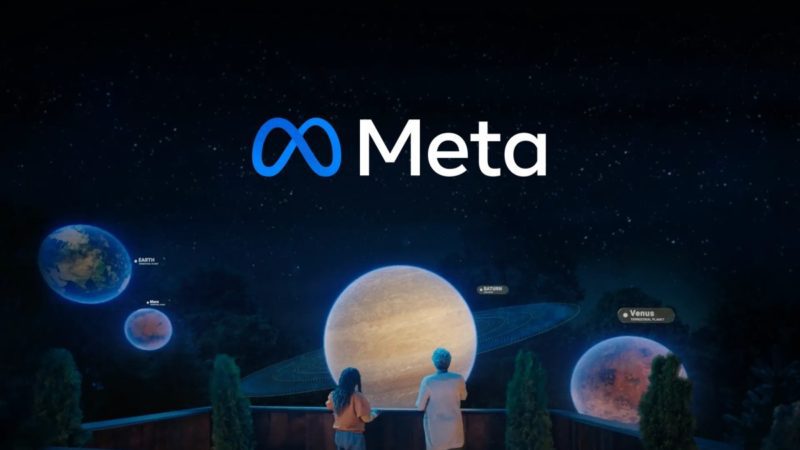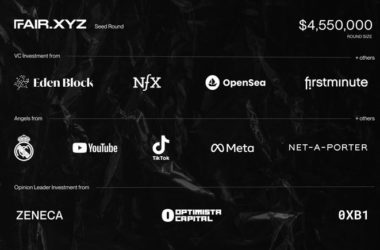Quick take:
- The US Federal Trade Commission has blocked Meta from buying a virtual reality company.
- The antitrust watchdog fears Facebook’s parent will become too powerful in a burgeoning industry.
- The social media conglomerate is bidding to acquire Within, the maker of the virtual reality workout game, “Supernatural”.
The US Federal Trade Commission (FTC) has filed a lawsuit against Meta to stop it from buying virtual reality company Within. In the filing, the FTC argues that if Meta acquires Within, the maker of the virtual reality game “Supernatural”, it will make the Facebook parent too powerful in a burgeoning industry, possibly creating a monopoly.
The lawsuit stipulates FTC Chair Lina Khan’s commitment to ensuring no single company becomes too powerful in the rapidly growing segment of the technology sector.
The FTC is trying to address concerns in the space after criticism directed toward regulators suggested that they have made it too easy for the technology giants to acquire their smaller counterparts in highly promising industries.
“That lessening of competition may result in reduced innovation, quality, and choice, less pressure to compete for the most talented app developers, and potentially higher prices for VR fitness apps,” the FTC argued in a legal complaint.
“…Meta would be one step closer to its ultimate goal of owning the entire ‘Metaverse,’” the complaint continues.
According to the FTC’s argument, Meta’s acquisition of seven of the most successful VR development companies in the world has already made it too powerful in the industry.
Meta has been at the receiving end of several lawsuits regarding regulation. The company already has an ongoing lawsuit filed by the FTC, where the antitrust watchdog argued that Facebook’s acquisition of Instagram and WhatsApp allowed it to dominate the social networking space.
Meta was last week sued by a smaller company called Meta.is, which claimed that the social media giant stole its name.
Meta’s metaverse strategy spans several segments of the industry, including non-fungible tokens (NFTs), which it is already testing on Instagram and Facebook stories. It has also created its own metaverse platform called Horizon Worlds, whilst its gigantic AI supercomputer was scheduled for launch this summer. Meta wants to use its powerful machine to power communications in the metaverse.
But Meta is not the only company facing challenges to achieving its metaverse goals. Microsoft’s $69 billion acquisition of global gaming giant Activision Blizzard is under investigation by the Competition and Markets Authority (CMA), the organisation charged with regulating business competition in the UK.
The FTC is also looking into the deal to assess its potential impact on the consumer market, after questions about how the acquisition affects Activision Blizzard workers.
Stay up to date:





